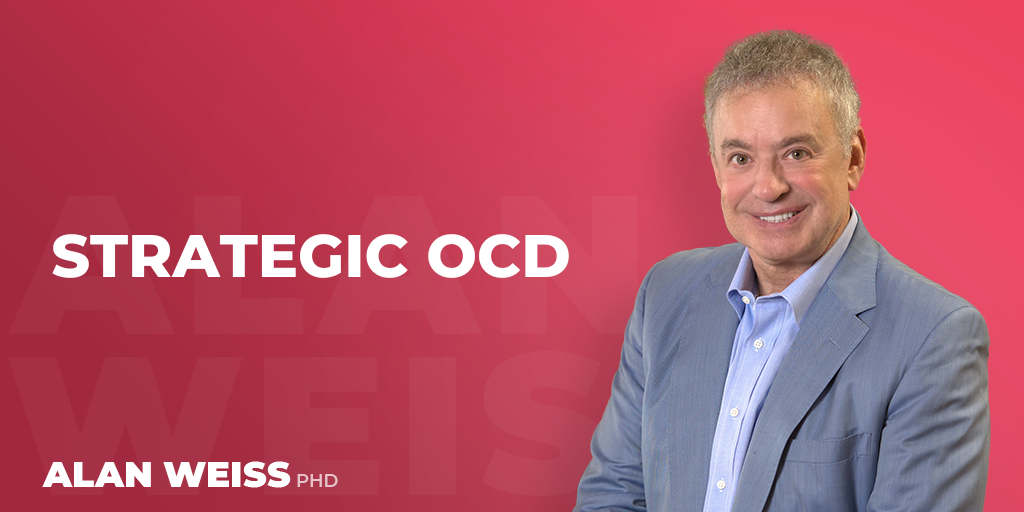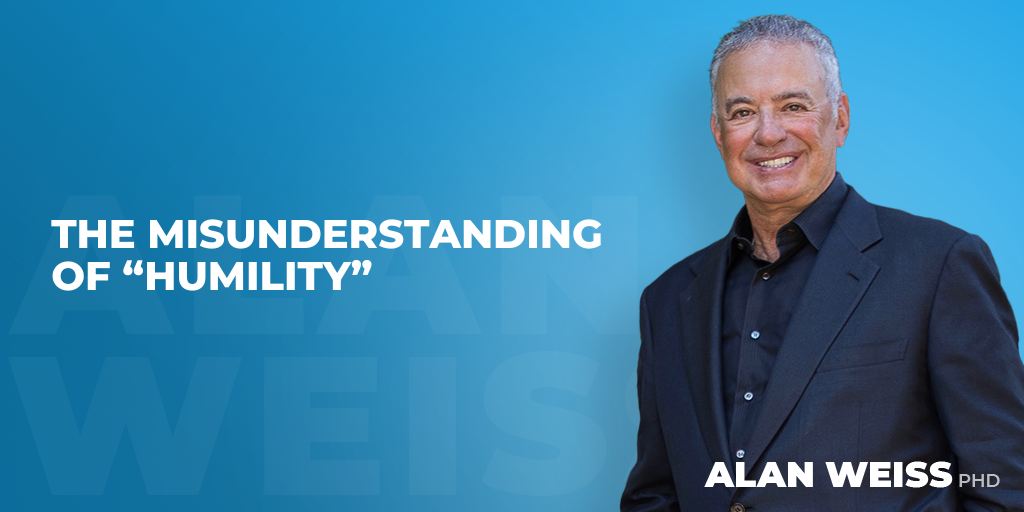
Strategic OCD
OCD stands for “obsessive-compulsive disorder” wherein a person experiences uncontrollable and recurring thoughts (obsessions) and therefore engages in repetitive behaviors (compulsions). These provoke time-consuming symptoms that cause significant stress and far from optimal coping with life.
This is an anxiety disorder which prompts people to try to manage these symptoms with “rituals,” because the thoughts and fears and fretting are irrational. Think of someone who has to stand in the exact same place awaiting the morning train daily, or who has to touch an elevator button three times, no less, no more.
As a strategist and consultant, I’ve coined the term “SOCD,” which stands for “strategic obsessive-compulsive disorder.” If that seems far-fetched or esoteric, consider this: Many if not most strategic efforts are ritualistic. They require X amount of days to look Y years into the future and require Z amounts of data. They are often held in “retreats” with outside facilitators and ultimately look perfect on paper or electronic files. This is considered success, no different from hitting the elevator button exactly three times. Some rituals are undermining, such as the insistence on a superficial “SWOT analysis” (strengths, weakness, opportunity, threat).
Some of you reading this are probably beginning to relate.
The problem, of course, is that most strategies aren’t effective in terms of fulfilling organizational mission or achieving the vision. That’s because strategies fail in implementation, not formulation.Thus, the ritualistic responses to the obsessions about “needing” a strategy and the compulsions about engaging in certain activities are, indeed, stressful and far from optimal in coping with business requirements.
Organizations have to shake free of their anxieties about the absence of a strategy. True OCD in individuals is rarely completely cured, and usually requires long-term therapy and/or medication. I don’t think SOCD is as serous, since it’s not personal so much as organizational. The “cure” here is to take the proper “medicine”: Focus on the foreseeable future and the fulfillment of the organization’s raison d’être. And then use the proper “talk therapy,” which is usually going to originate with experts from the outside who have no cultural rituals influencing their beliefs and behaviors.
And that’s needn’t be lifelong! I’ve helped with the “cure” within a week.
© Alan Weiss 2024



